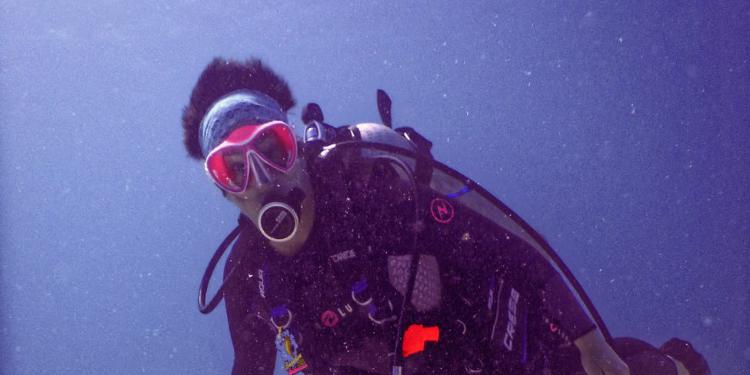Someone once said that scuba diving is like going back to Mother Nature’s womb albeit temporarily because every scuba diver would like to rise above deep waters no matter how cool the scene down there may be.
Scuba diving is a complicated sport that requires training and endurance. Scuba diving is not for the faint of heart, or for those who would shrink at the thought of being submerged in water for a long time. This is not to say that scuba diving chooses its players because almost everyone can be a scuba diver, provided they do not have the age and health limitations.
Children as young as fifteen years old and in good health can train on scuba diving to prepare themselves for certification. However, all those interested to undergo training should fill up a health questionnaire and undergo medical checkups to determine their physical conditions.
While scuba divers have more opportunities to admire the fishery resources of the world, divers also dive for other reasons such as for scientific, commercial, military, or recreational purposes.
Divers cannot go scuba diving without a certification even if they are doing it for fun. The majority of scuba divers do so for recreational purposes, but they still have to undergo certification. Recreational divers can choose from a variety of specialization like underwater photography, search and rescue diving, or night diving. Once they become experts in diving they can turn it into a career and become divemasters or underwater photographers.
There are however divers who dive for commercial purposes like for the purpose of salvaging sunken ships, constructing bridges and dams, or to build underwater structures. Scientific divers focus on diving for the purpose of research.
A scuba diver must necessarily be a good swimmer who can float on water and swim fairly long distances. Basic swimming skills plus good health will make you eligible for certification as a diver.
A diver must tale note of his safety all the time not only by getting proper training but also by making use of basic scuba diving gear like masks, fins, and snorkels. A beginner can just rent the basic diving gear but if you intend to make this sport a long-term commitment then it would be best to buy the equipment. These three basic diving gear are every affordable and can be bought anywhere.
However, there is other diving gear that is more expensive like wet or dry suits, regulators or buoyancy compensators, and scuba diving tanks. To make the most of your scuba diving gear, make sure to rinse them with fresh or tap water after using them. Allow them to dry but not in direct sunlight since they are made of rubber and can easily break down and deteriorate.
The basic diving gear is the same for most divers but specialty divers may have used for more sophisticated gadgets and equipment. But whatever kind of diving you do, always make sure to use the safety gear to protect yourself from the dangers of diving.




